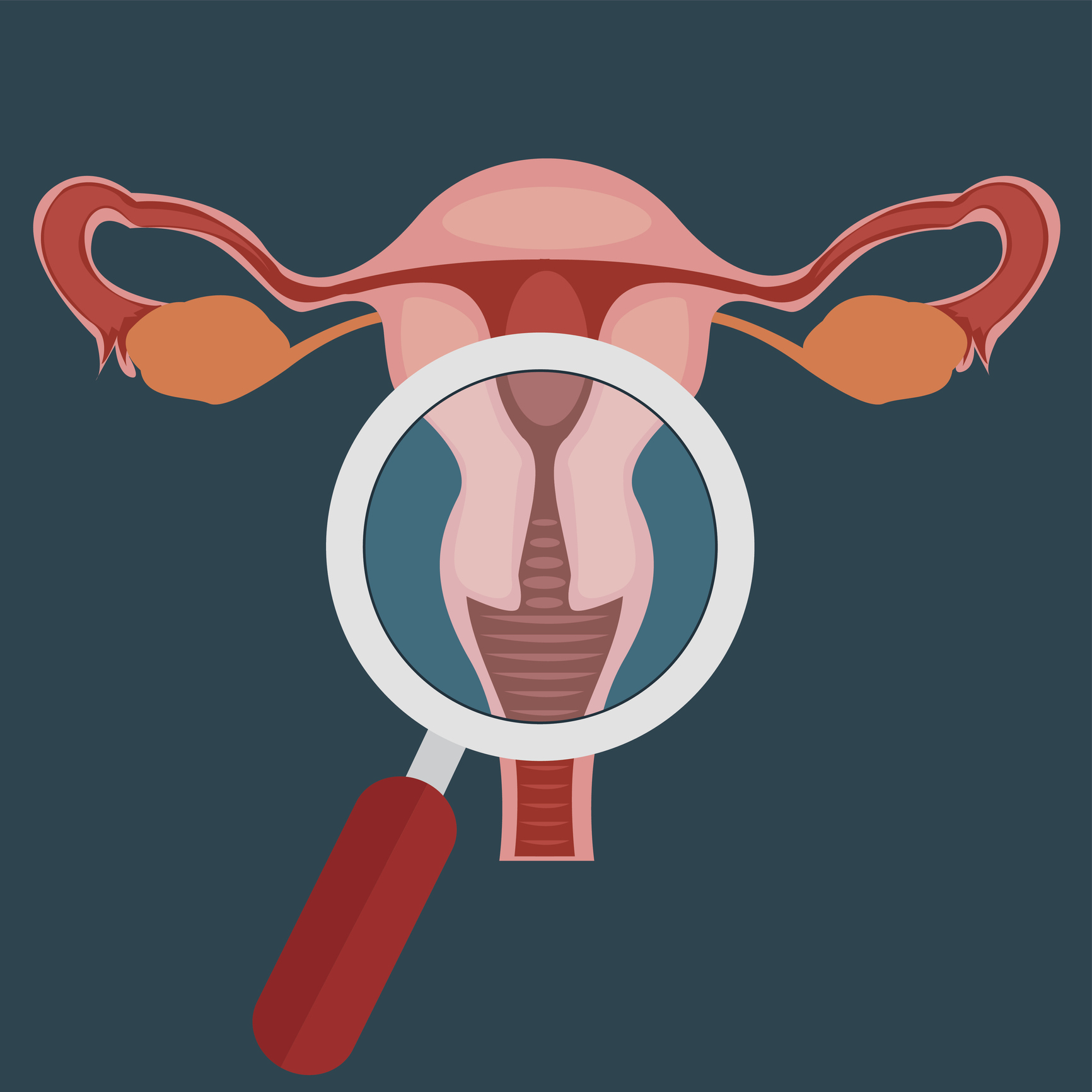Fibroids are generally benign (not cancerous) tumors that form within the tissues of the uterus. They are very common in reproductive-age women: studies report that up to 70% of white women and 80% of Black women may develop fibroids by age 50. And research suggests Black women are more likely to experience severe or very severe symptoms related to fibroids, such as heavy and sometimes prolonged monthly periods.
In some cases, women seek medical care due to menstrual bleeding so heavy that they develop anemia and require iron supplements or, much more rarely, blood transfusions. The FDA recently approved new medicine, taken as a pill, that may help some women reduce heavy bleeding caused by fibroids.
Surgery and injections help some women
Until recently, the treatment options for heavy bleeding due to fibroids were limited to surgical procedures or an injection of a medication called leuprolide, which is given monthly or every three months to help shrink fibroids and lighten bleeding. While these treatments are effective for some women, each has risks and disadvantages:
- Any surgical procedure comes with a risk of infection. Additionally, excess bleeding requiring transfusion, hysterectomy (removal of the uterus), injury to other pelvic or abdominal organs, and recurrence of the fibroids are possible. In some cases, fertility is affected as well.
- Regular injections of leuprolide have significant side effects, as this medication essentially puts women into medically induced menopause. Therefore, it is typically used only as a bridge to surgery.
What does research tell us about a new approach to fibroid-related heavy menstrual bleeding?
The new medicine approved by the FDA to treat heavy menstrual bleeding due to fibroids is Oriahnn. Taken twice daily as a pill, it combines two hormones (a form of estrogen called estradiol, plus norethindrone acetate) with a medication called elagolix. Elagolix helps inhibit a hormone that causes a woman’s body to release estrogen and progesterone during her monthly menstrual cycle.
A recently published trial demonstrated that elagolix effectively decreases blood loss during menses, and causes high rates of amenorrhea (no bleeding at all). The trial was performed in conjunction with AbbVie, the company that produces and markets Oriahnn. It studied 433 women who had fibroids and heavy menstrual bleeding for 12 months per woman over a period of 2.5 years.
One strength of the study is that 67% of the women who participated were Black. Black women have higher rates of uterine fibroids, so their inclusion in this study is particularly important.
The study compared two groups of women for one year: one group received just elagolix, and the other received elagolix with estradiol and norethindrone acetate (“add-back therapy”). B






